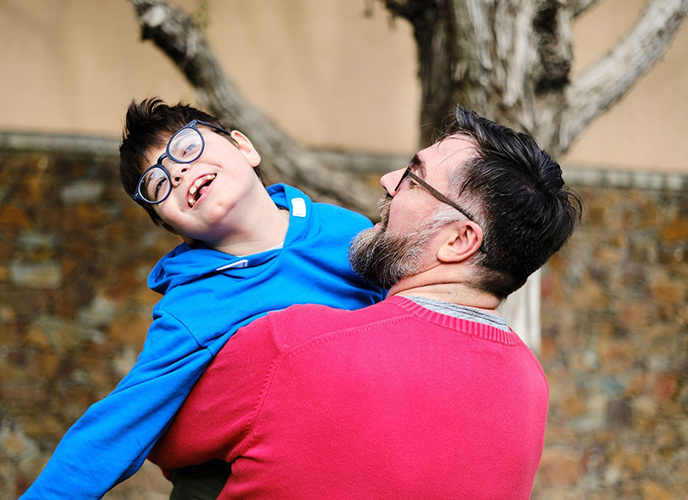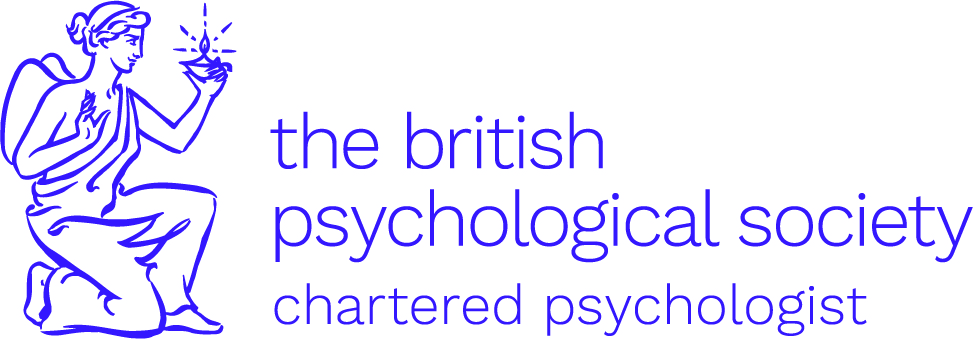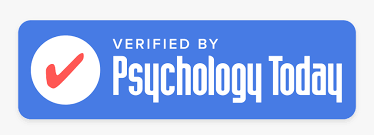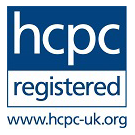Functional Behavioural Assessment
A functional behavioural assessment can be useful in situations where a child with a learning disability communicates their needs through behaviour which is challenging to others.
Your child may find it difficult themselves to describe the reasons behind their behaviour, and so information is collected from a range of sources, to help make sense of their distress.

Step 1 – Psychological assessment
This will involve a thorough discussion about your child’s development, which typically lasts for approximately 1.5–2 hours. The discussion will include the following areas:
- Your child’s likes, dislikes, and aspirations
- Their early developmental history, social development, educational experiences, family history, and physical health/medication use
- Their abilities and needs in areas such as communication and sensory preferences
- Their developmental stage and daily living skills
- Mental health, neurodevelopmental differences, and behaviours of concern
- Significant life events
- The care environment, including relationships with others, available activities, the degree of structure and routine, and extent to which key people in your child’s life understand their needs
Step 2 – Completion of questionnaires and behaviour recording forms
In this stage, I will work with you to complete a range of questionnaires. I will also invite teachers to complete questionnaires based on their observations. Collectively, these will enable us to better understand the function of your child’s behaviours and the situations in which they arise.
Step 3 – Observation at home and in school
I will join your child in the home environment and at their school. This gives me opportunity to meet them, speak to key adults, and observe their behaviour in different environments.
Step 4 – Functional assessment interview
This is an in-depth discussion which I undertake with parents/carers, and lasts for approximately 1.5 hours. This involves understanding the nature of your child’s distressed behaviour, how often it occurs, the impact which it has, and any situations that make it better or worse. The aim is to develop hypotheses to understand the function or purpose that the behaviour serves for your child, and the factors that are maintaining it.
Step 5 – Feedback session and Positive Behaviour Support (PBS) plan
The information gathered from the functional assessment will be integrated into a PBS Plan, and we will meet to discuss this in more detail. The PBS plan will include proactive strategies to support your child’s quality of life and reduce the chance of distressed behaviour occurring, as well as reactive strategies, to help them to regulate if difficulties arise. It will also include recommendations for additional support that might be required for your child, as well as key adults in their life, to ensure that there is a shared understanding of your child’s needs.
To arrange a brief 20 minute call to discuss your needs, please contact me by email in the first instance:





